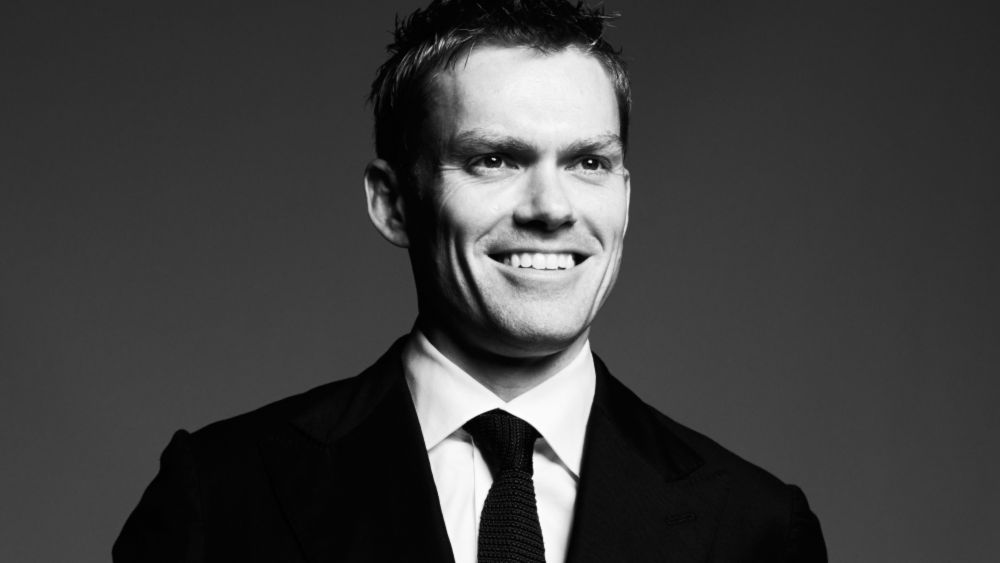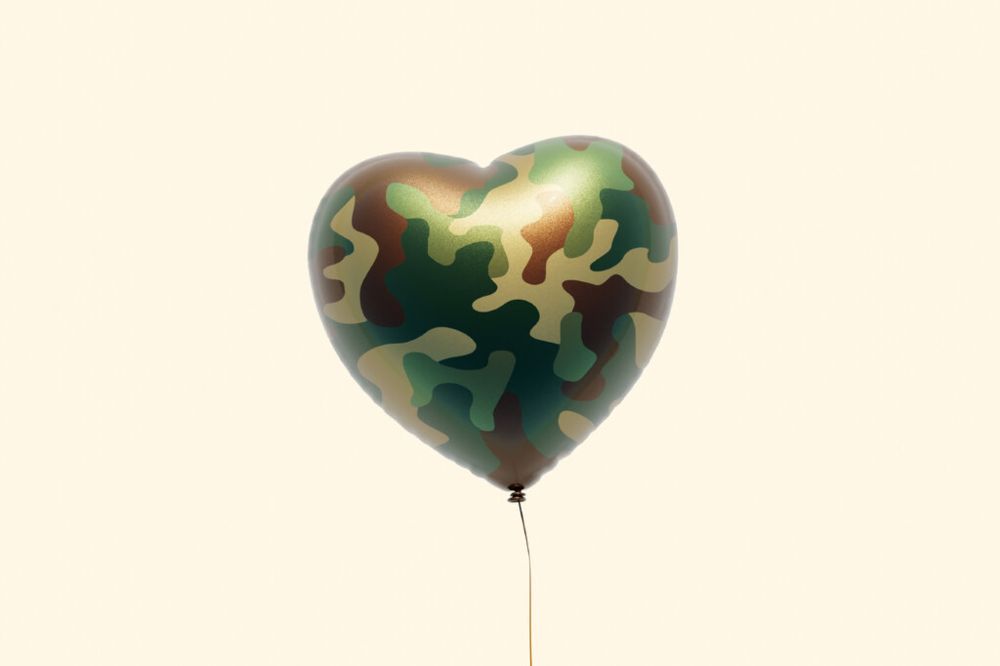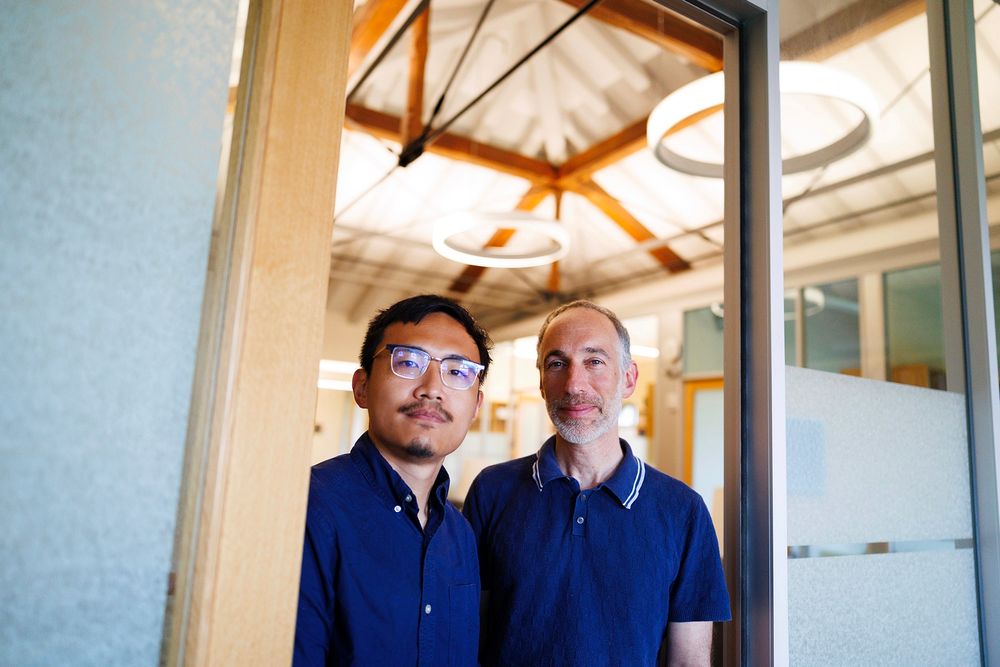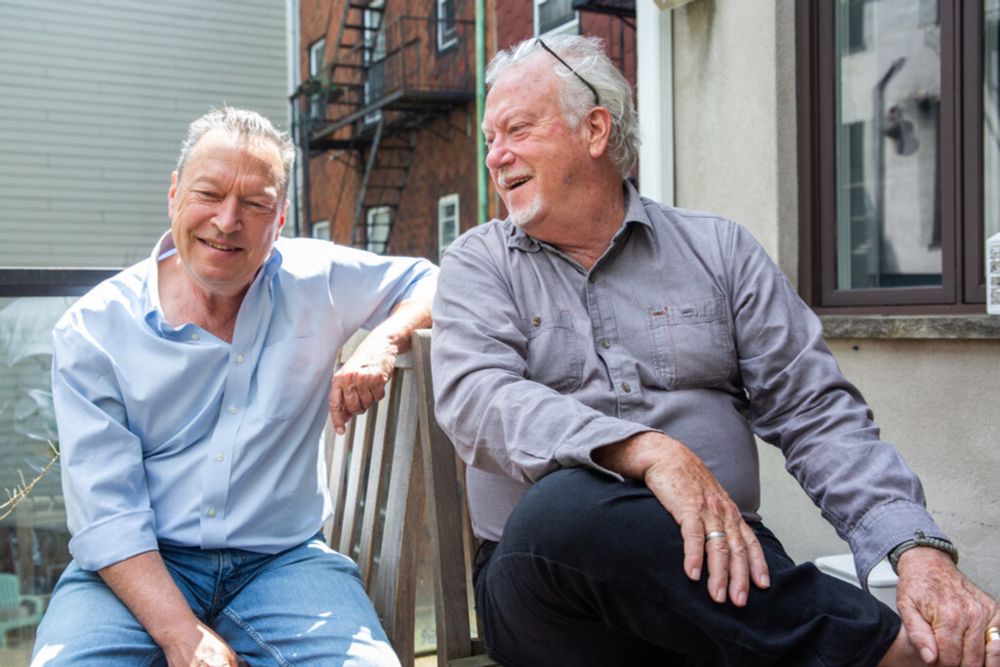Jennifer Szalai
@jenszalai.bsky.social
2.2K followers
120 following
88 posts
https://www.nytimes.com/by/jennifer-szalai
Posts
Media
Videos
Starter Packs
Reposted by Jennifer Szalai
Reposted by Jennifer Szalai
Reposted by Jennifer Szalai
Jennifer Szalai
@jenszalai.bsky.social
· Aug 22
Jennifer Szalai
@jenszalai.bsky.social
· Aug 21
Reposted by Jennifer Szalai
Sam Adams
@samadams.bsky.social
· Aug 12
Richard Lawson
@rilaws.bsky.social
· Aug 12

Vanity Fair Will Refocus on Hollywood and Cut Back Some Coverage Areas, Says New Editorial Director
Vanity Fair will scale back certain areas of coverage, including shutting down The Hive, to focus on entertainment and culture, editorial director Mark Guiducci said.
variety.com
Reposted by Jennifer Szalai






![Sporting a few piercings and tattoos, Lee says he used to have more subdermal piercings. Unlike regular piercings
in ear lobes, these piercings cannot be removed by hand. If a wearer needs or wants them removed, they must
consult a doctor or professional piercer.
"An officer had been taking me to this room and he said:
'You aren't allowed to have those.
• He pointed at my
piercings," he recalls. "Next thing I knew I was being shackled again. Chains around my ankles, my wrists. They brought me to a
hospital in Miami. "They made me stand with all of these people looking at
me like I was some sort of murderer. It was so degrading. They brought me into a room. They told the doctors to
cut out all of my piercings. "I had already been there for almost a month. I didn't understand why this was suddenly an issue. I just feel like
everything was done to intimidate and torture. "I told the nurses specifically: 'I do not consent to this.' But they put lidocaine [for numbing] on my face and on the back of my neck. The thing is it is only supposed to work for 40 minutes; I was lying there for well over an hour and they just started doing it. I was shackled to the
bed. I couldn't move.](https://cdn.bsky.app/img/feed_thumbnail/plain/did:plc:r2ayah3zrvedki5af3do4fi7/bafkreihimhzl62s5ks64jo3a42joyvc4ssqxjlaxnqdsc34ubp3bpqfdve@jpeg)












